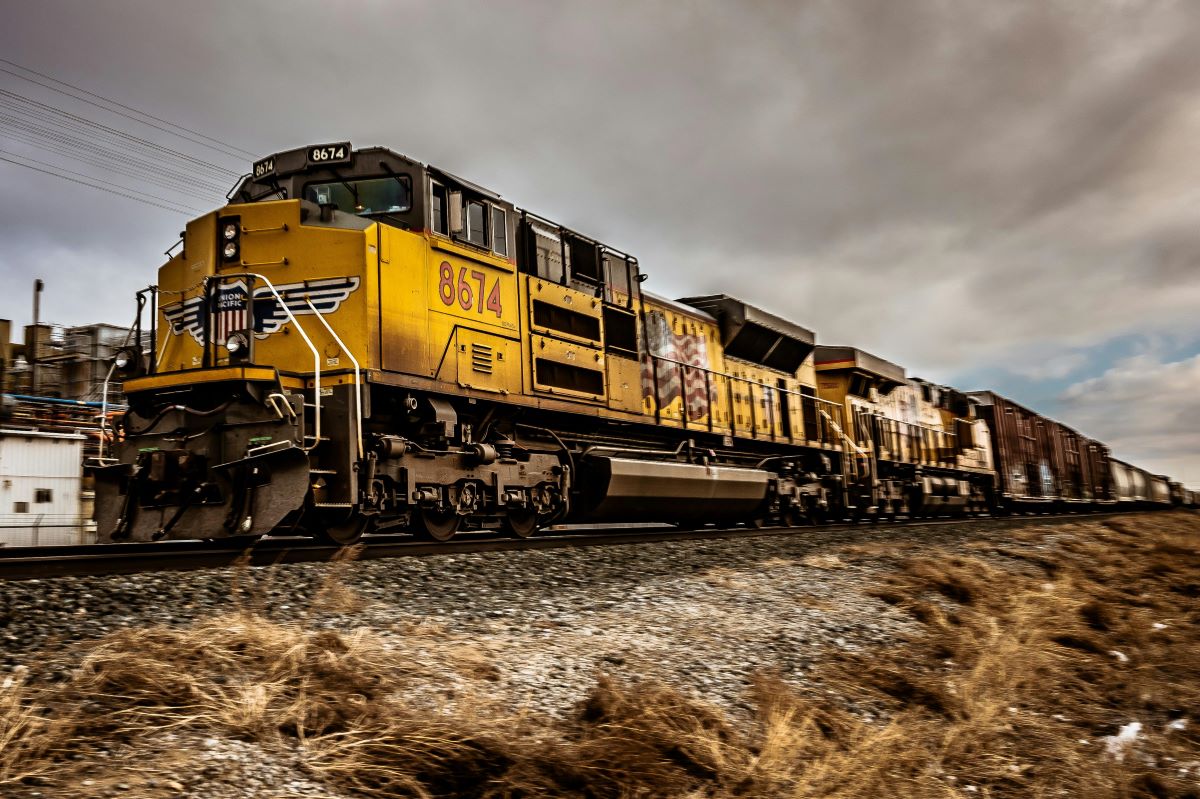UPDATES & ANALYSIS

FEATURED POSTS
Hispanic rights group lacks standing to challenge English-only voting materials, Iowa Supreme Court holds
An Iowa organization that advocates on behalf of Hispanic Iowans did not have legal standing to bring suit seeking to dissolve a 13-year-old injunction that barred the Secretary of State from disseminating voter registration materials in languages other than English, the Iowa Supreme Court held in a unanimous decision handed down May 9.
Iowa Supreme Court rejects bid to abolish exception to Fourth Amendment warrant requirement
A law enforcement officer making a roadside stop is legally allowed to search a vehicle without a warrant under an “automobile exception” to the protection against unreasonable searches and seizures granted by the Fourth Amendment of the U.S. Constitution and separately under the Iowa Constitution. That exception, recog …
Iowa Supreme Court removes judicial magistrate from bench for racially derogatory and ‘demeaning and sophomoric’ statements
The Iowa Supreme Court removed a part-time judicial magistrate from the bench in a unanimous decision issued April 18 for violations of the Iowa Code of Judicial Conduct in making a racially derogatory statement in an open court proceeding and by making a “demeaning and sophomoric” justification in a written order denying an arrest warrant.
Iowa Supreme Court revives suit against Polk County over rezoning decision on Family Leader project
Five individual plaintiffs living near a non-profit group’s proposed office and event center have standing to pursue claims alleging they would be injured by development in what is now an area zoned for agricultural use. The Iowa Supreme Court reached this conclusion in a decision handed down April 4.
EDITORIAL TEAM
ABOUT
On Brief: Iowa’s Appellate Blog is devoted to appellate litigation with a focus on the Iowa Supreme Court, the Iowa Court of Appeals, and the U.S. Court of Appeals for the Eighth Circuit.
